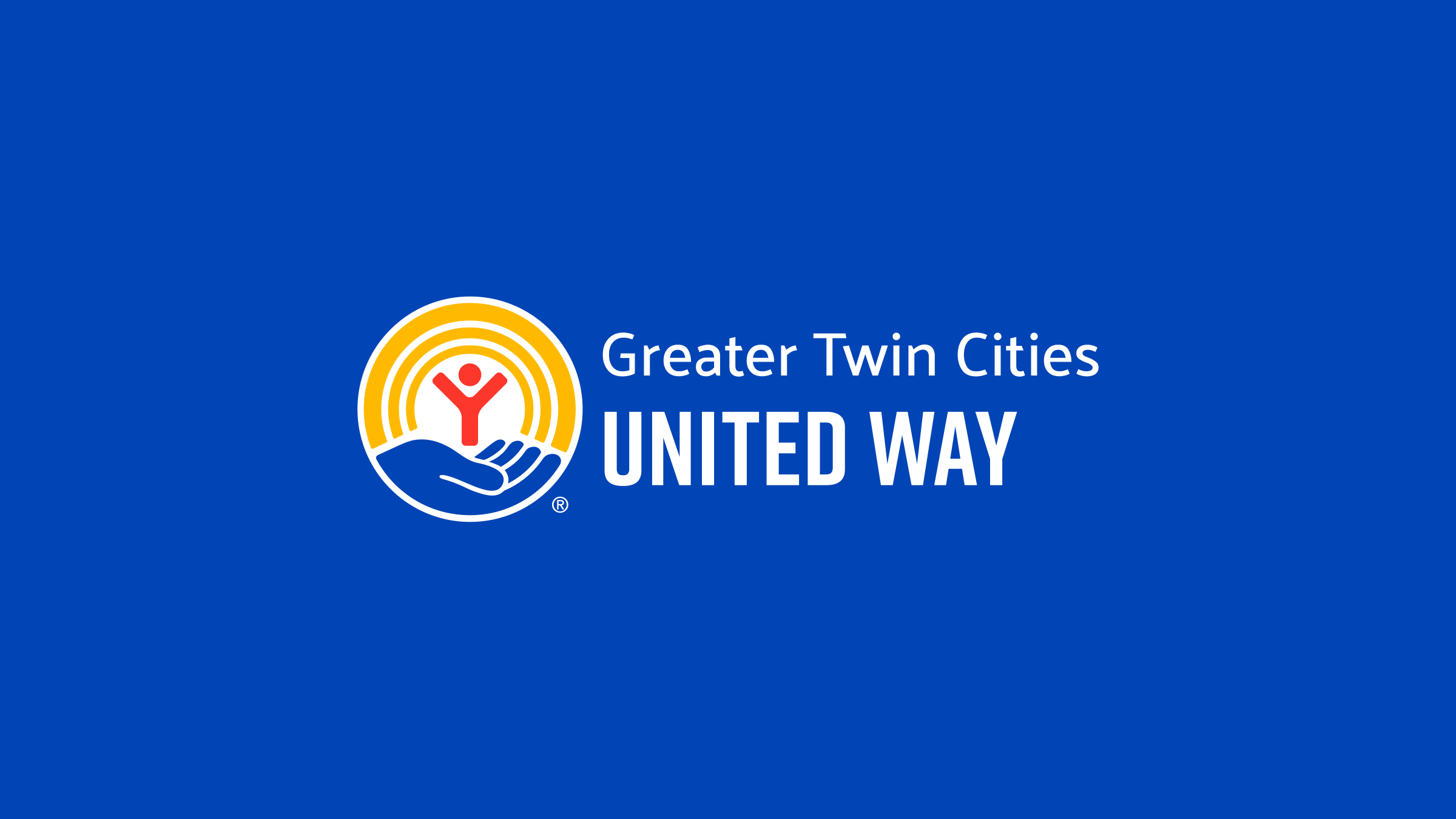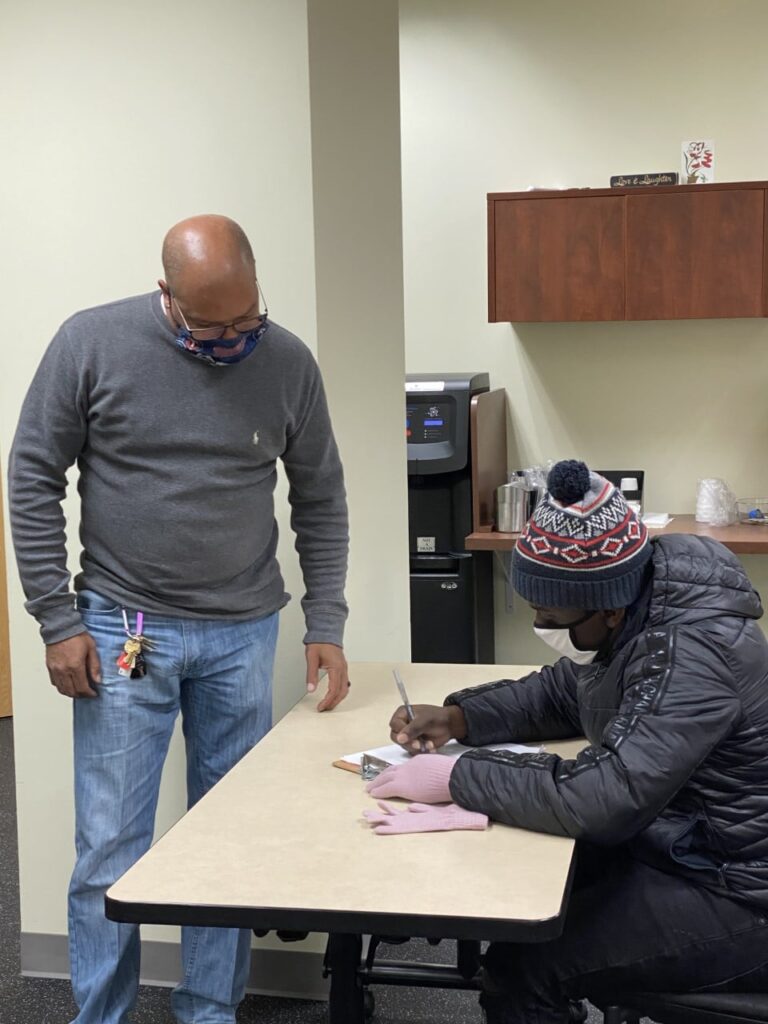
Just over ten years ago, Ujamaa Place was founded with a unique mission: Provide holistic transformation for young African-American men experiencing inequity at the intersection of race and poverty. The nonprofit, whose name means “community of men” or “collective family” in Swahili, puts participants at the center of individual and group success with a focus on stability and brotherhood.

“Most of our clients have been feeling marginalized and dealing with systemic violence and racism their whole lives. As a result, there are a lot of barriers that impede their ability to be successful,” said Ujamaa Place President and CEO Otis Zanders. “We help our men believe in themselves and look beyond today to prepare for tomorrow.”
When the COVID-19 pandemic hit, the nonprofit knew their support and services would be more necessary than ever. Although the virus challenged the way the nonprofit operated, they were able to pivot quickly.
“The calls we are getting show just woefully overlooked the unequal distribution of wealth and health care have become,” said Zanders. “The gaps are being exposed and it’s time to address them. We all need some help to navigate life and now is the time to get people the assistance they need.”
Ujamaa Place applied for and received an emergency third round grant from the Greater Twin Cities COVID-19 Response and Recovery Fund to deliver services in new and creative ways, expand current services, and serve vulnerable populations. This third wave of grants, totaling $700,000, was distributed to 52 local nonprofits.
“When we received the United Way relief, it was very timely,” Zanders said. “It felt like a massive showing of love. We were able to take that funding and pivot from being Ujamaa Place to Ujamaa-on-the-Go!”
The organization has been using the emergency grant to step up sanitization and cleaning efforts at their housing properties and offices, acquire PPE (personal protective equipment) and educate residents on proper use, and improve technology so they can offer life skills classes virtually. To provide easy access, Ujamaa staff moved computers from the main computer lab to each residential property. During the state’s shelter-in-place order, they also delivered meals and toiletries to their men.
Zanders said Ujamaa has done a methodical re-open over the past several months, with small, socially-distanced groups allowed in main meeting spaces for employment preparation, music therapy, and mental health appointments.
“It’s been a tremendous adjustment for us to start doing many things remotely,” said Zanders. “Our program was not built for social distancing. What we do best is meet people face-to-face and build a trusting relationship with them — and now we have to change how we do that — but at the end of the day, the same care is still there. We are navigating this pandemic and learning together through a difficult year.”